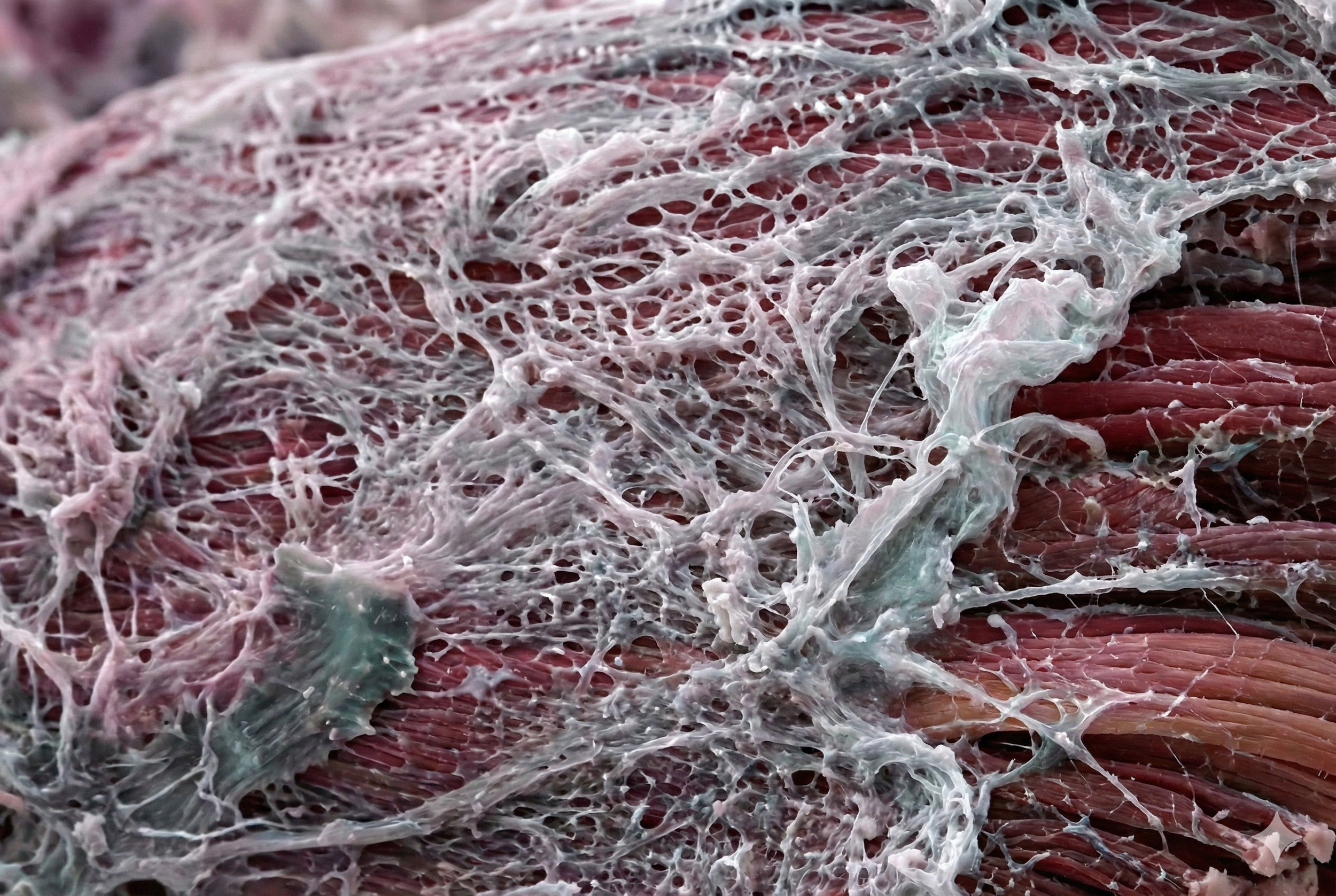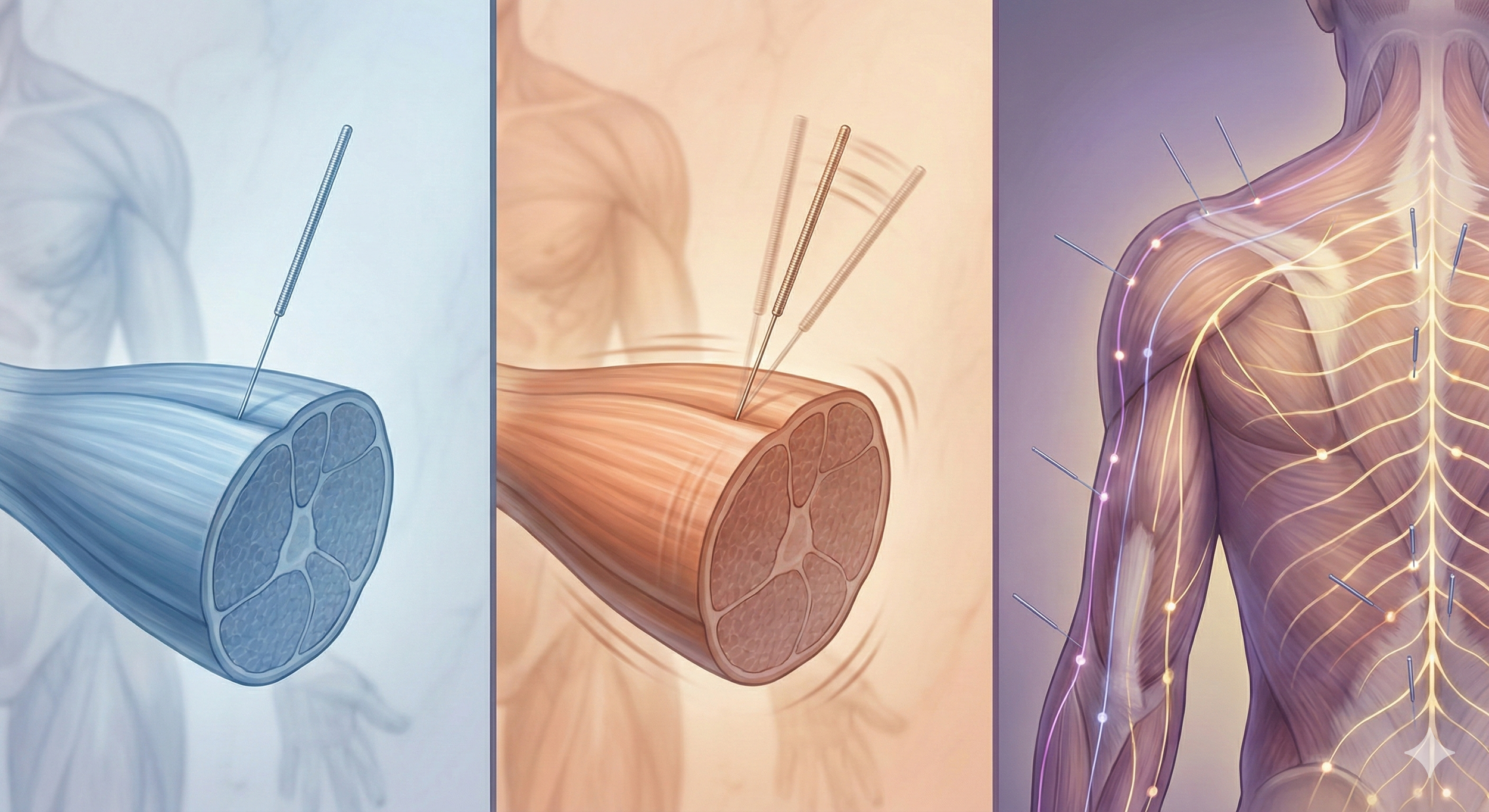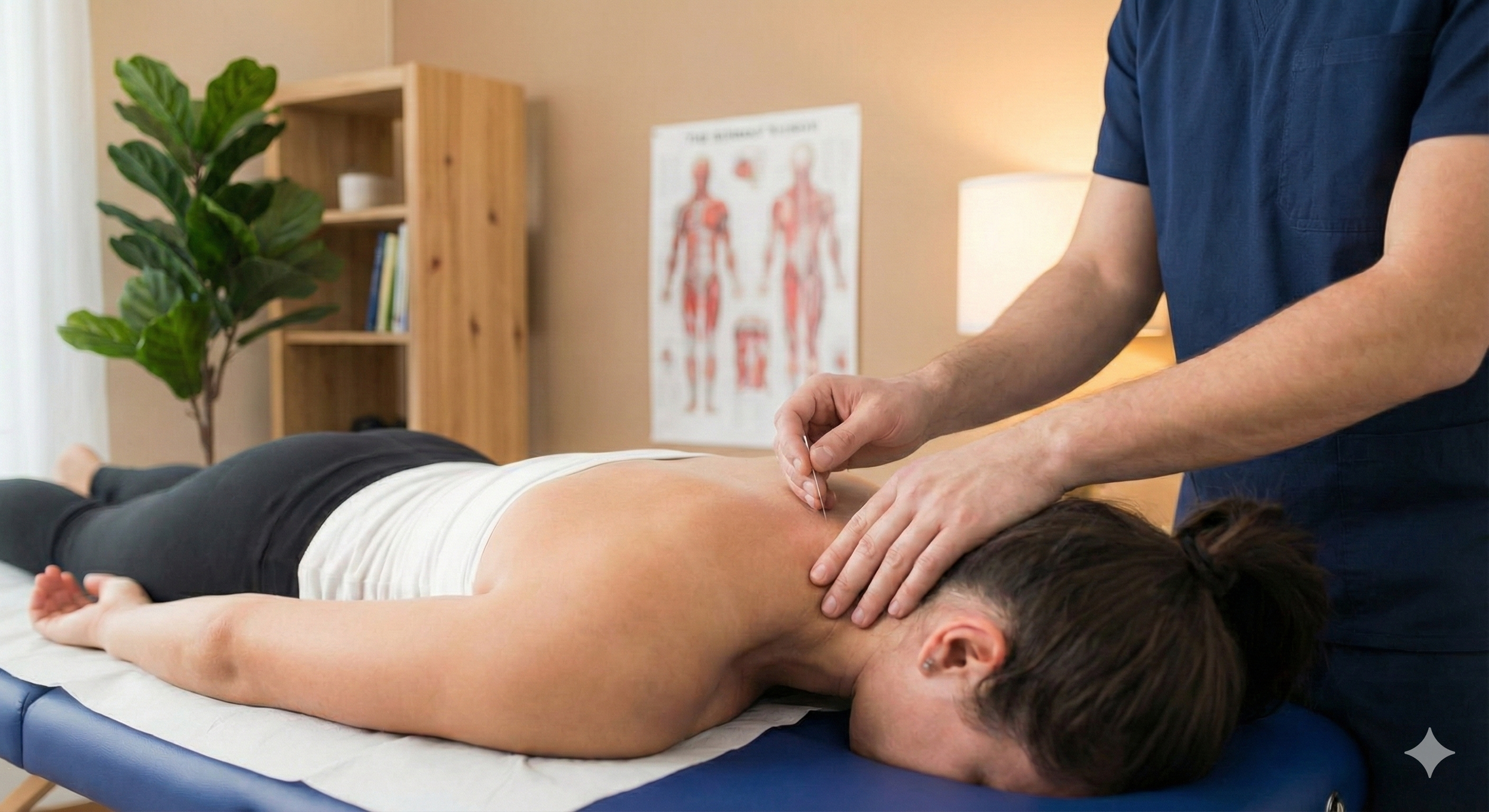What is a Licensed Acupuncturist?
Acupuncture is practiced across the United States under a variety of titles—but not all titles reflect the same level of training, licensure, or scope of practice. One of the most recognized and regulated titles is Licensed Acupuncturist (L.Ac.), which indicates completion of accredited education, national board certification, and state licensure. Other terms, such as certified acupuncturist, can refer to healthcare providers who have completed a short acupuncture course rather than a full acupuncture degree. These differences matter—especially for patients seeking effective and evidence-informed care.
This article clarifies the difference between a Licensed Acupuncturist and other acupuncture-related titles, explores variations in scope of practice by state, and briefly reviews how acupuncture titles differ in countries like Canada and the UK.
Key Points
A Licensed Acupuncturist (L.Ac.) completes an accredited master’s or doctoral program in acupuncture and passes national board exams.
Certified Acupuncturist typically refers to other healthcare professionals (e.g., MDs, DCs, PTs) who complete a short continuing education course in acupuncture—often 100–300 hours.
Scope of practice varies by state, meaning what a Licensed Acupuncturist can do in one state may differ from another.
Titles like “Registered Acupuncturist” are commonly used outside the U.S. and may have different training standards.
Choosing a Licensed Acupuncturist ensures comprehensive training in acupuncture diagnosis, needling techniques, safety, and clinical reasoning.
For a breakdown of what “L.Ac.” stands for, check out our in-depth article here.
What Is a Licensed Acupuncturist (L.Ac.)?
In the United States, a Licensed Acupuncturist (L.Ac.) is a professional who has completed:
A graduate degree in acupuncture (usually 3–4 years)
A curriculum that includes biomedicine, needle technique, safety protocols, clinical training, and point location
National board exams from the National Certification Commission for Acupuncture and Oriental Medicine (NCCAOM)
A state-level licensing process
This level of training typically involves over 2,000–3,000 hours of classroom and clinical education. Licensed Acupuncturists may also pursue specialties such as orthopedic acupuncture, electroacupuncture, or herbal medicine, depending on their program and state laws.
Licensed Acupuncturist vs. Certified Acupuncturist
The term “Certified Acupuncturist” is not a legally protected title and often refers to healthcare providers—such as medical doctors (MDs), chiropractors (DCs), or physical therapists (PTs)—who take a short postgraduate course in acupuncture. These programs typically range from 100 to 300 hours of training, focusing on limited techniques or protocols.
While these certified providers may use acupuncture techniques within their scope of practice, their training is not equivalent to that of a Licensed Acupuncturist. Most notably:
TitleTypical Training HoursDiagnostic AutonomyRecognized as a Primary Acupuncture Provider?Licensed Acupuncturist (L.Ac.)2,000–3,000+YesYesCertified Acupuncturist (MD/DC/PT)100–300NoNo
Patients may not always realize the difference. However, when seeking acupuncture for complex conditions such as chronic pain, neurological issues, or musculoskeletal injuries, working with a fully licensed provider ensures comprehensive assessment, safety, and individualized care plans (Zhao et al., 2021).
Acupuncture Titles in the U.S.: State-by-State Differences
While “Licensed Acupuncturist” is the most common title nationwide, each state governs its own licensure and scope of practice. Some examples:
Florida: “Acupuncture Physician”
New Mexico: “Doctor of Oriental Medicine”
California: Offers its own licensing board separate from the NCCAOM
New York: Recognizes “Licensed Acupuncturist” with additional scope to perform dry needling and electroacupuncture when trained
Scope of practice may include or exclude:
Herbal prescribing
Injection therapy
Dry needling
Internal medicine or adjunctive physical therapies
Always verify your acupuncturist’s licensure through your state’s licensing board to ensure they meet training and safety standards.
International Titles: Registered Acupuncturist and Beyond
Outside the United States, acupuncture is regulated under different titles:
Canada: "Registered Acupuncturist" (R.Ac.) in provinces like Ontario and British Columbia
UK: Acupuncturists may be registered through professional bodies such as the British Acupuncture Council, though not all are government-regulated
Australia: Practitioners are registered through AHPRA under the title “Registered Acupuncturist”
Training requirements in these countries vary and may or may not align with U.S. standards. In some places, acupuncture is completely unregulated, meaning no formal education is required to use the title.
Why This Matters When Choosing a Provider
If you're exploring acupuncture for chronic pain, sports injury recovery, or stress-related conditions, it's essential to understand your provider’s credentials.
Licensed Acupuncturists are trained to:
Assess underlying causes of pain and dysfunction
Use needle techniques with anatomical precision
Understand contraindications and safety considerations
Integrate acupuncture into a broader treatment plan
While certified providers may offer acupuncture techniques as part of their medical toolbox, the depth of training is not equivalent—and that can affect outcomes.
Final Thoughts
The title “Licensed Acupuncturist” reflects comprehensive training, rigorous safety standards, and a deep understanding of acupuncture as a complete system of care. In contrast, “Certified Acupuncturist” is often used for healthcare providers trained in limited acupuncture techniques. When choosing a provider, knowing the difference ensures you receive the highest standard of care.
👉 Want to learn more about what “L.Ac.” stands for and what it means?
Read our post here.
Over to you
If you liked this article, please share with friends and family who want to learn more about acupuncture.
Sources:
Zhao, L., Zhang, F. W., Li, Y., Wu, X., & Liang, F. R. (2021). Acupuncture therapy for chronic pain: A review of evidence-based research. Pain Research and Management, 2021, Article ID 6614180. https://doi.org/10.1155/2021/6614180
National Certification Commission for Acupuncture and Oriental Medicine (NCCAOM). (2023). Eligibility Requirements. https://www.nccaom.org
U.S. Department of Education. (n.d.). Accreditation of acupuncture and oriental medicine programs. Retrieved from https://ope.ed.gov/dapip/#/home
State of New York Education Department. (2023). Licensed Professions: Acupuncture. https://www.op.nysed.gov/professions/acupuncture
National Institutes of Health (NIH). (2022). Complementary, alternative, or integrative health: What's in a name? https://www.nccih.nih.gov/health/complementary-alternative-or-integrative-health-whats-in-a-name
Disclaimer: This web site is intended for educational and informational purposes only. Reading this website does not constitute providing medical advice or any professional services. This information should not be used for diagnosing or treating any health issue or disease. Those seeking medical advice should consult with a licensed physician. Seek the advice of a medical doctor or other qualified health professional for any medical condition. If you think you have a medical emergency, call 911 or go to the emergency room. No acupuncturist-patient relationship is created by reading this website or using the information. Morningside Acupuncture PLLC and its employees and contributors do not make any express or implied representations with respect to the information on this site or its use.



